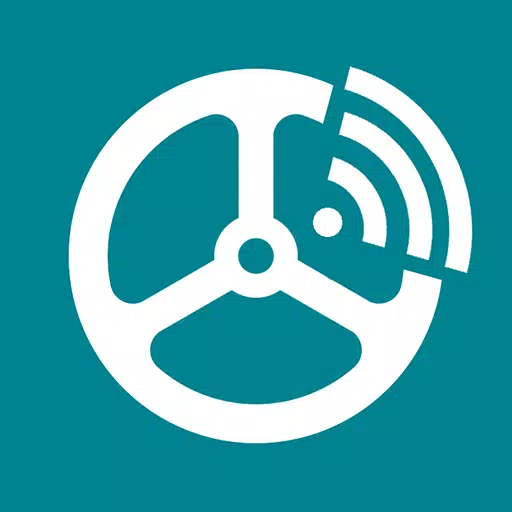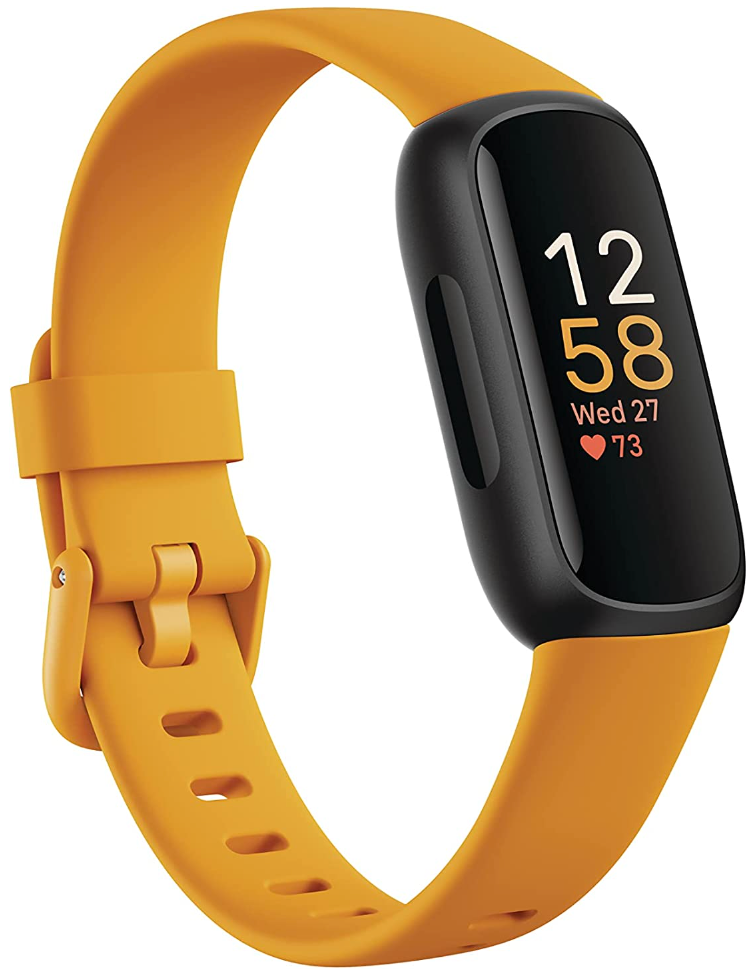Valve Confirms: No Steam User Data Breach Occurred
Valve has refuted recent claims suggesting a major data breach affected its Steam platform, asserting unequivocally that there was "NOT a breach" of Steam's systems. While concerns circulated about potential leaks involving over 89 million user records, Steam's internal investigation found no evidence of such a compromise. Instead, Valve confirmed that the incident involved an older batch of text messages containing one-time codes, none of which included personal data.
In an official statement posted on Steam, Valve explained that after analyzing the leaked sample, no customer data was compromised. The exposed content was limited to outdated text messages that contained one-time codes valid for only 15 minutes, along with the associated phone numbers. Importantly, these details were not linked to Steam accounts, passwords, payment information, or other sensitive personal data.
"The leak consisted solely of older text messages with one-time codes and their corresponding phone numbers," Valve clarified. "These cannot be used to compromise your Steam account." The company further noted that users receive email and/or Steam notifications whenever changes to their email or password are attempted via SMS.
Despite the reassurance, Valve took the opportunity to urge users to enable the Steam Mobile Authenticator, emphasizing it as the most secure method for safeguarding accounts against unauthorized access.
The concern over data breaches is heightened given the frequency of such incidents, especially in the gaming sector. In 2011, a high-profile breach impacted PlayStation 3 and PSP networks, affecting nearly 77 million accounts. More recently, Pokémon developer Game Freak endured a significant cyberattack exposing staff data and development details. Additionally, Sony reported compromised employee data in 2023, while confidential files from Marvel's Spider-Man developer, Insomniac, were also targeted by hackers later that year.
- 1 Silent Hill 2 Remake Confirms Xbox, Switch Release in 2025 Feb 08,2025
- 2 Dragon Soul Tier List: Ultimate Guide May 12,2025
- 3 Connect Asus ROG Ally to TV or Monitor: Easy Guide Apr 06,2025
- 4 "Persona Games and Spin-Offs: Complete Chronological List" Apr 09,2025
- 5 Fix 'Can't Connect to Host' Error in Ready or Not: Quick Solutions Jun 13,2025
- 6 The Best Marvel Contest of Champions Tier List for 2025 Mar 19,2025
- 7 Assassin's Creed Shadows: Max Level and Rank Cap Revealed Mar 27,2025
- 8 How to Run JioHotstar on PC with BlueStacks Feb 28,2025
-
Top Arcade Classics and New Hits
A total of 10
-
Addictive Arcade Games for Mobile
A total of 10
-
Android Apps for Video Content Creation
A total of 10












![Roblox Forsaken Characters Tier List [UPDATED] (2025)](https://img.actcv.com/uploads/18/17380116246797f3e8a8a39.jpg)















